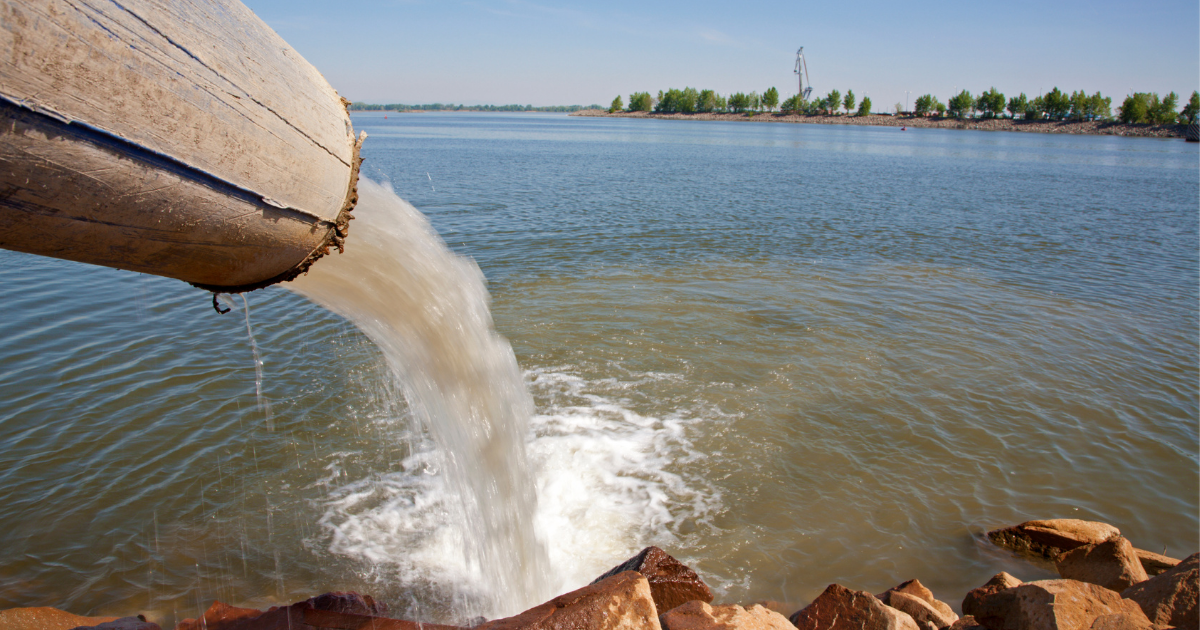MENU
- Home
- Overview
- Attorneys
- Practice Areas
- Firm News
- Blog
- Contact

Nitrate contamination of surface water and groundwater is a result of the industrial food industry. Nitrate contamination happens with the overuse of fertilizer and from the array of manure produced by concentrated animal feeding operations (CAFOs), where large numbers of poultry, swine, cattle, or other animals are housed and raised in enclosed spaces.
Often, nitrate contamination occurs in rural areas that are heavily dependent on well water. The Environmental Protection Agency (EPA) estimates that thousands of community water wells and private wells surpass its maximum nitrate contaminant level. The EPA classifies nitrate as a water contagion. Infants below 6 months old who drink water containing high levels of nitrate may become severely sick.
An excess of nitrogen use in agriculture can result in nitrates seeping into groundwater. While other causes like septic systems also impact nitrate pollution in drinking water, most nitrates that contaminate groundwater are from agricultural resources. In addition, local topography and the type of soil present both affect how vulnerable a region is to groundwater pollution.
Nitrates and pesticides can lead to water contamination near industrial food operations. Bacteria, viruses, and antibiotics can seep into the drinking water supplies of neighboring communities and cause an assortment of health issues for the people who drink the contaminated water.
Symptoms include shortness of breath and “blue baby syndrome,” which is a possible fatal blood disorder. Other illnesses linked to high levels of nitrates in drinking water include thyroid disorders, gastrointestinal illnesses, birth defects, and miscarriages.
Eradicating nitrate contamination is tedious and costly. Removing nitrates from drinking water is expensive, particularly in public and private systems that bank on untreated groundwater and do not have water treatment public services. There are regulations in place that address salinity, including nitrates, but it is generally agreed that a much more comprehensive approach is needed.
Nitrates may be successfully removed from water using treatment processes, such as ion exchange, distillation, and reverse osmosis, according to the Centers for Disease Control and Prevention (CDC). Your local health department should be able to provide you with information regarding the process.
It is worth noting that heating or boiling your water will not remove nitrates. In fact, while the water will evaporate when boiled, the nitrate levels of water will slightly increase in concentration if the water is boiled. Mechanical filters or chemical disinfection, such as chlorination, will not remove nitrates from water. If you own a water well, it is best to have it tested annually after installing a treatment system.
If you are suffering from an illness due to water contamination, contact one of our knowledgeable Delaware toxic tort lawyers at Jacobs & Crumplar, P.A. today. Located in Wilmington and Millsboro, Delaware, we serve clients throughout Dover, New Castle County, and Sussex County. Contact us online or call us at 302-656-5445 to schedule a free consultation.